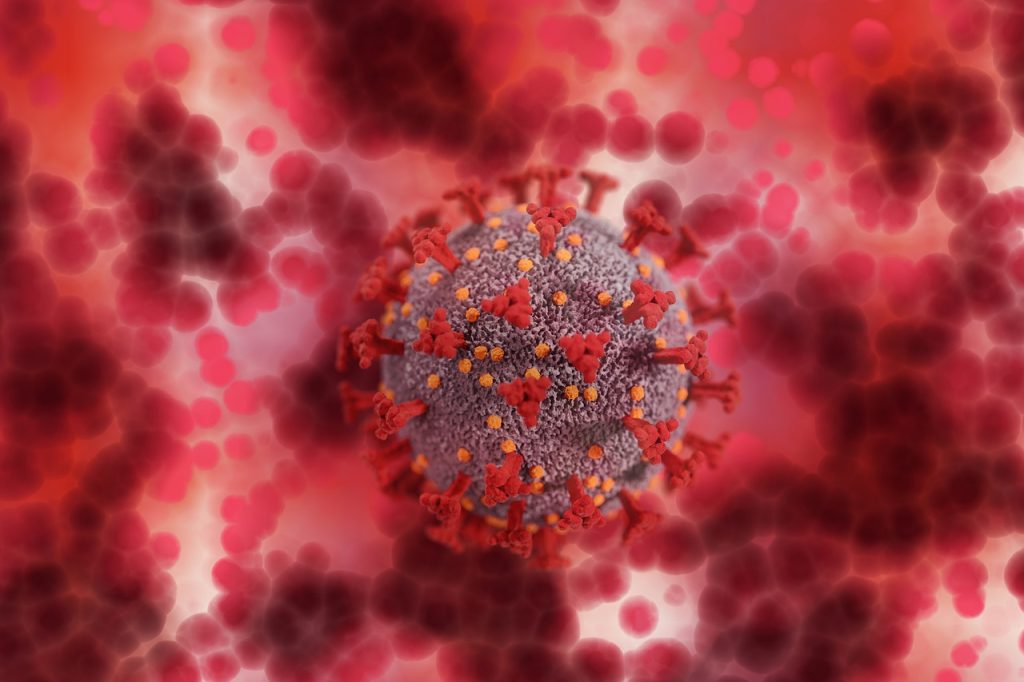
A study of COVID transmissions in a Taiwanese quarantine hotel revealed that SARS-CoV-2 can spread through cracks in walls and floors, according to findings published in Emerging Infectious Diseases.
The researchers investigated a cluster of SARS-CoV-2 infections in a quarantine hotel in Taiwan in December 2021. This happened amidst a succession of outbreaks in quarantine hotels involving the Omicron variant. The cluster involved three patients who lived in nonadjacent rooms on different floors, and who had no direct contact during their stay.
All three had tested negative by RT-PCR for SARS-CoV-2 within 72 hours before arrival to Taiwan and by deep-throat saliva RT-PCR upon arrival at the airport. None had left their rooms at any point during the stay in the hotel. No other guest or staff member at the hotel had tested positive since the month prior to the start of the investigation.
By directly exploring the space above the room ceilings, the researchers revealed residual tunnels, wall defects, and truncated pipes between their rooms. To see how the rooms were interconnected, they performed a simplified tracer-gas experiment, using ethanol. Aerosol transmission through structural defects in floors and walls in this poorly ventilated hotel was the most likely route of virus transmission.
This event demonstrated the high transmissibility of Omicron variants, even across rooms and floors, through structural defects. “Our findings emphasise the importance of ventilation and integrity of building structure in quarantine facilities,” the authors concluded.

